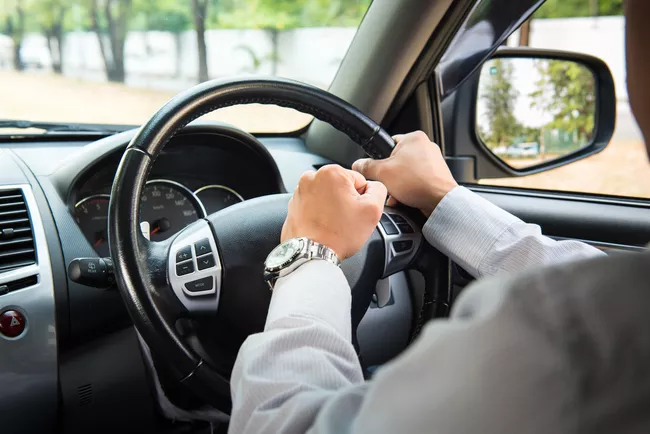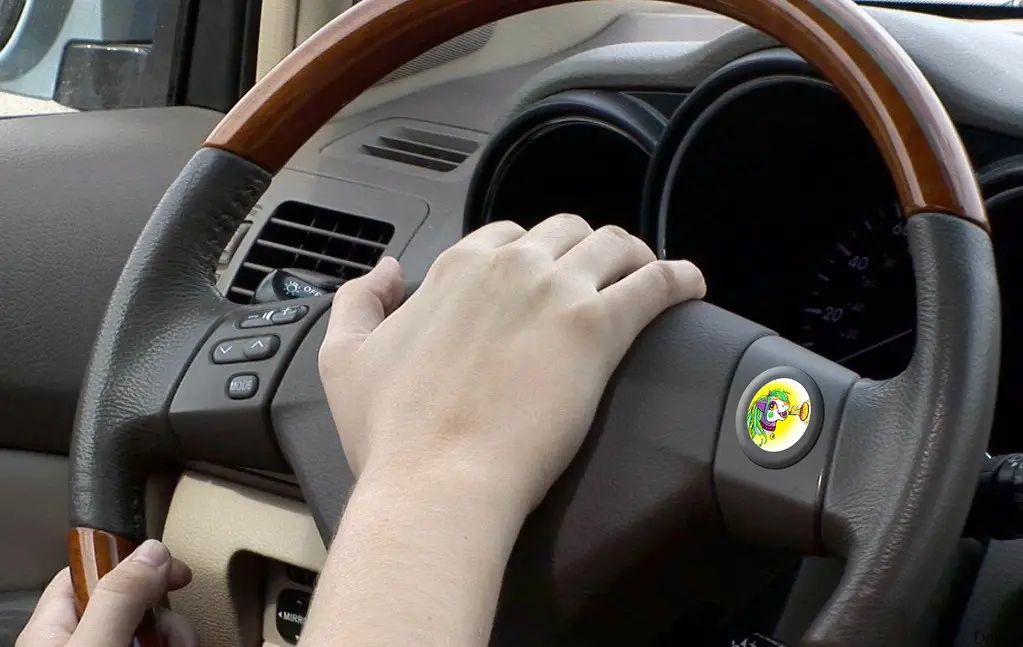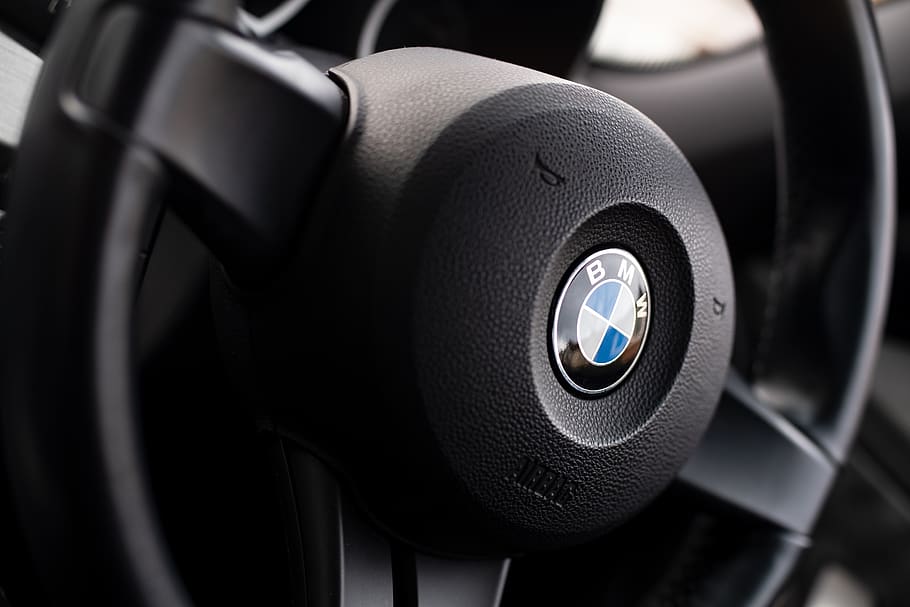Why Does My Car Horn Sound Weak?

Do you ever get in your car and wonder why the horn sounds so weak? It may not seem like a big deal, but if you’re trying to use your car horn to signal other drivers, it can be pretty frustrating when it doesn’t sound very loud.
In this blog post, we will explore some possible reasons why your car horn might not be sounding as loud as you’d like it to. We’ll also provide some tips on how to make sure your car horn is as effective as possible.
Reasons why your car horn sound weak
As any driver knows, the car horn is an essential safety feature. It can be used to warn other drivers of a potential hazard, and it can also be used to signal for help in an emergency. However, a weak horn can be just as dangerous as no horn at all.
There are several reasons why your car horn might sound weak, including a bad horn switch. A bad horn switch can cause the electrical current to be interrupted, resulting in a weak or intermittent sound.
Another possibility is that the horn relay is faulty. The relay is responsible for sending an electrical signal to the horn, and if it is not working properly, the horn will not be able to produce a strong sound.
Another reason may be that the horn itself is damaged. If the horn has been hit or crumpled, it may not be able to produce a strong sound.
A broken clock spring is one of the most common reasons why your car horn may sound weak. When the clock spring breaks, it can cause the horn to sound muted or even fail to sound at all. In some cases, a broken clock spring may also cause the horn to sound intermittently.
If you suspect that your car’s clock spring is broken, it’s important to have it repaired as soon as possible. A broken clock spring can not only prevent your car horn from sounding correctly, but it can also pose a safety hazard.
Finally, the problem could be with the wiring. If the wiring is old or frayed, it may not be able to carry enough electricity to power the horn. In some cases, the problem may be as simple as a loose wire. However, if the problem cannot be easily fixed, it is best to consult a qualified mechanic.

IMAGE: flickr
How To Repair A Weak Car Horn?
A car horn is an essential safety feature, allowing drivers to signal their presence to other motorists and pedestrians. However, over time, car horns can become weak or faulty. If your car horn is no longer working as it should, there are a few simple steps you can take to repair it.
First, check the fuse box to see if the fuse for the horn has blown. If so, replace the fuse with a new one. Next, clean the terminals on the horn relay using a wire brush. If the problem persists, you may need to replace the horn relay.
Finally, if none of these solutions work, you may need to replace the car horn itself. While this can be a more involved repair, it is still relatively straightforward and can be completed in a few minutes.
With these tips, you can keep your car horn in good working order and ensure your safety on the road.

IMAGE: piqsels
Car Horn Sounds Weak After Rain
After a rainstorm, you may notice that your car horn sounds weaker than usual. There are a few possible explanations for this.
One possibility is that the horn has become wet and needs to be dried out. Another possibility is that the horn has become disconnected from the power source.
If this is the case, you’ll need to remove the bumper or open the driver side wheel well splash guard to access the horn and press it against some plastic to reconnect it. Either way, a weak car horn after a rainstorm is easy to fix and shouldn’t be cause for concern.
How can I make my car horn louder?
There are a few ways to make your car horn louder.
One is to purchase a new horn that is designed to be louder than the factory horn. Another is to install an air horn, which uses compressed air to produce a loud blast. Finally, you can create your own loud horn by attaching a trumpet or megaphone to the car’s existing horn.
Whichever method you choose, be sure to check your local laws before making any modifications to your car horn. In some states, it is illegal to have a horn that is too loud. By following these simple tips, you can make your car horn louder without running afoul of the law.

IMAGE: nubumbim/iStock
How do you know if your car horn is bad?
There are a few things you can do to test whether your car horn is working properly.
First, you’ll need a test light. You can find these at any auto parts store. Once you have the tester, connect it to the negative battery terminal and then touch the other end to the positive terminal connector.
This is usually the lighter-colored wire. Have an assistant press the horn while you hold the tester in place. If the light illuminates, then you know the positive connection is good.
You can also test the horn by pressing the button while someone else listens for the sound. If you don’t hear anything, or if the sound is very weak, then your horn may be bad and will need to be replaced.
These are just a few simple tests you can do to check whether your car horn is working properly.
FAQ
Do car horns run out of honk?
Technically, car horns don’t run out of honk. However, they can become less effective over time. The reason for this is that car horns rely on a small canister of compressed air to produce sound.
As the canister empties, the horn will become less loud and eventually stop working entirely. So, while car horns don’t technically run out of honk, they can become less effective with extended use.
Can a car horn be repaired?
Yes, a car horn can be repaired relatively easily. However, the exact steps will vary depending on the type of horn and the extent of the damage. Often, the problem can be as simple as replacing a blown fuse or loosening a corroded connection.
If the horn itself is damaged, it may be possible to repair it with a new diaphragm or replace it with a new one. In some cases, it may even be possible to convert an electric horn to an air horn. Whatever the problem, there are a number of potential solutions for fixing a car horn.
DIY Project: The Coolest Car Horn Ever
You Must READ!
The World’s Blackest Car Paint – Vantablack. READ HERE
